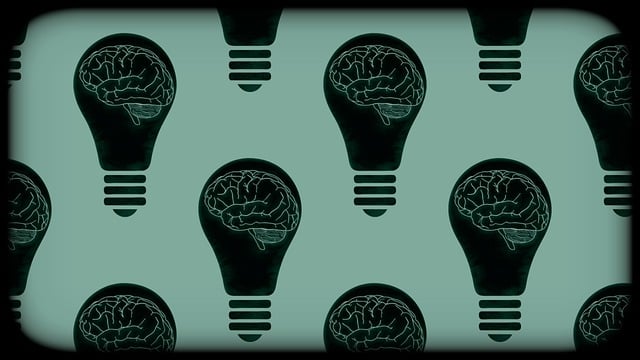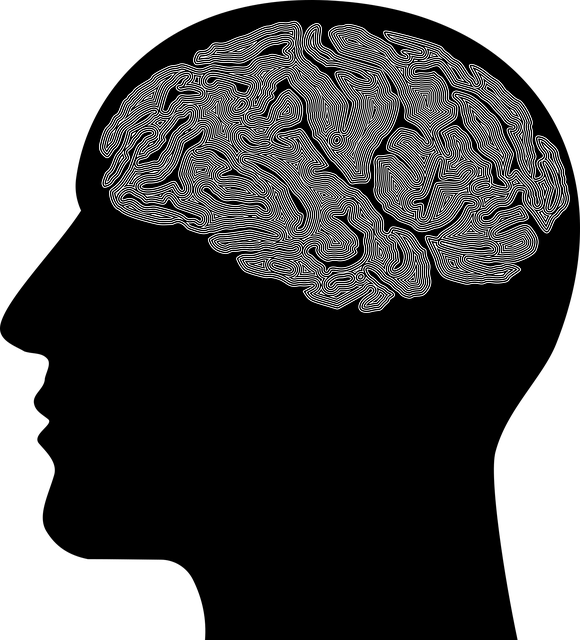Mental health advocacy groups increasingly turn to Therapy for Children Hypnosis as a powerful tool. This approach combines hypnosis with tailored emotional intelligence coaching, boosting children's confidence and teaching them to manage stress, anxiety, trauma, and phobias. By creating safe spaces, therapists help kids explore their thoughts and emotions without judgment, fostering resilience and effective coping strategies. Community support initiatives, including educational programs and mental wellness podcasts, further promote holistic mental health advocacy, reducing stigma and equipping individuals with lifelong coping mechanisms.
Mental health advocacy initiatives play a pivotal role in fostering well-being, especially among children. This article delves into innovative approaches to support young minds, focusing on therapy and hypnosis as powerful tools. We explore how these methods unlock children’s potential, enhance resilience, and promote mental health. Additionally, we discuss the importance of community support in creating effective advocacy initiatives, highlighting strategies to create a more inclusive and understanding environment for all.
- Unlocking Children's Potential: The Role of Therapy in Mental Health Advocacy
- Hypnosis as a Tool for Children's Mental Well-being and Resilience
- Building Community Support: Strategies for Effective Mental Health Advocacy Initiatives
Unlocking Children's Potential: The Role of Therapy in Mental Health Advocacy

Mental health advocacy initiatives often focus on empowering young individuals through therapy, specifically designed for children’s unique needs. Hypnosis, a powerful tool within the therapeutic spectrum, plays a pivotal role in unlocking children’s potential. This approach not only aids in managing existing mental health concerns but also fosters essential life skills like emotional intelligence and boosts confidence.
By engaging in therapy, children can learn to navigate their emotions, improve communication, and develop effective coping strategies. The process enhances their ability to make sense of their feelings, leading to better mental wellness coaching programs development. Hypnosis, with its calming effect, creates a safe space for children to express themselves openly, enabling therapists to address underlying issues that may hinder their growth and overall well-being.
Hypnosis as a Tool for Children's Mental Well-being and Resilience

Hypnosis has emerged as a powerful tool in the field of mental health, especially when targeted at children, offering an innovative approach to enhancing their well-being and building resilience. This therapeutic technique taps into the mind’s natural capacity for suggestion, allowing healthcare providers to guide young individuals towards positive changes. By utilizing hypnosis, therapists can create a safe and controlled environment where children can explore their thoughts and emotions without judgment.
The benefits are vast; it aids in reducing anxiety and stress, improving focus and concentration, and fostering self-confidence. In the context of children’s mental health, hypnosis can be tailored to address specific issues such as trauma, phobias, or behavioral problems. Moreover, incorporating hypnosis into therapy sessions can enhance cultural competency training for healthcare providers, ensuring they cater to diverse patient needs effectively. By employing mind over matter principles, children learn to take control of their mental states, promoting better coping mechanisms and overall resilience.
Building Community Support: Strategies for Effective Mental Health Advocacy Initiatives

Building community support is a pivotal strategy for effective mental health advocacy initiatives. Engaging local communities, including schools, workplaces, and faith groups, can help reduce the stigma associated with mental illness. One powerful technique involves incorporating therapy for children through hypnosis into educational programs. This unique approach not only promotes emotional well-being but also equips both children and adults with coping mechanisms, fostering a culture of mental wellness.
Mental health advocacy initiatives should focus on holistic mental illness stigma reduction efforts by providing accessible resources and platforms like mental wellness podcast series production. By leveraging these media, advocates can share personal stories, dispel myths, and offer practical advice on maintaining good mental health. This multi-faceted approach ensures that support networks are robust and that everyone has access to the tools needed to navigate life’s challenges effectively.
Mental health advocacy initiatives, focusing on therapy for children and incorporating hypnosis as a tool, are vital in fostering resilience and well-being. By building community support, these strategies unlock children’s potential, offering effective solutions to navigate the intricate landscape of mental health challenges. Through dedicated efforts, we can create a symphony of support that enhances their lives and ensures a brighter future.














